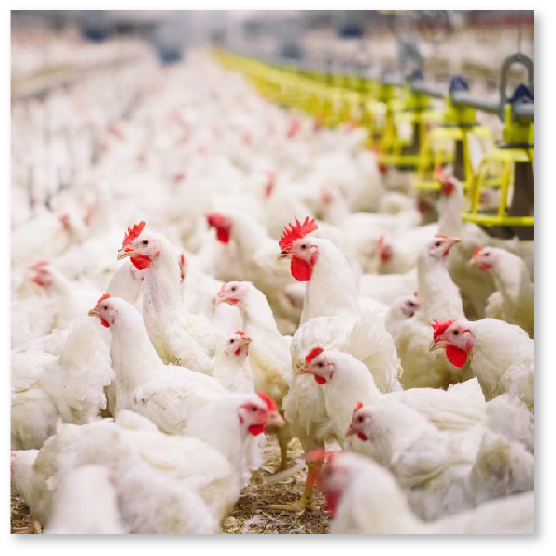Safeguarding Agriculture: The Importance of Farm Biosecurity in Malaysia

Farm biosecurity is a critical aspect of modern agriculture in Malaysia, aimed at protecting the nation’s farms and agricultural industries from the threat of diseases, pests, and other biohazards. It encompasses a set of practices and measures designed to prevent the introduction and spread of harmful agents that can devastate crops, livestock, and aquaculture. In a country known for its diverse agriculture sector, farm biosecurity plays a pivotal role in sustaining food production, ensuring economic stability, and safeguarding public health.
Malaysia’s agricultural landscape is rich and varied, encompassing the cultivation of palm oil, rubber, rice, fruits, vegetables, and more. It also includes a thriving livestock sector with poultry, cattle, and aquaculture. This diversity makes it vulnerable to various diseases and pests that can quickly spread and cause significant economic losses. Farm biosecurity practices are essential to mitigate these risks.
One of the key principles of farm biosecurity is prevention. Farms must implement measures to prevent the entry of pathogens or pests onto their premises. This often involves strict control over access points, such as gates and entry procedures for personnel and vehicles. It also includes the inspection and quarantine of imported plants, animals, and agricultural inputs to ensure they are disease-free.

Biosecurity measures also extend to the management of feed acidifier malaysia activities. Farmers are encouraged to practice good hygiene, sanitation, and waste management to minimize the risk of disease transmission. Regular monitoring and early detection of diseases and pests are crucial, as they allow for rapid response and containment.
Education and awareness are essential components of farm biosecurity in Malaysia. Farmers, agricultural workers, and relevant stakeholders need to be well-informed about the risks, best practices, and the latest developments in biosecurity. Government agencies, research institutions, and industry associations often collaborate to provide training and disseminate information.
In conclusion, farm biosecurity in Malaysia is not just a set of rules and regulations; it is a fundamental pillar of the country’s agricultural sustainability. By implementing comprehensive biosecurity measures, including prevention, monitoring, and education, Malaysia can protect its crops, livestock, and aquaculture from the ever-present threats of diseases and pests. This not only ensures food security and economic stability but also upholds the nation’s reputation as a responsible and sustainable agricultural producer on the global stage.




